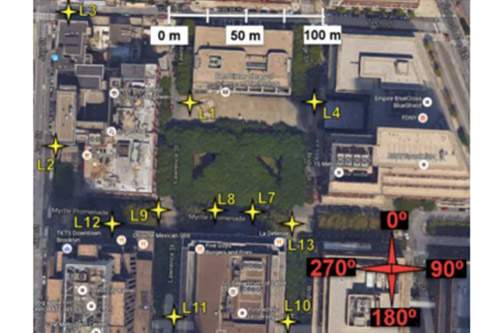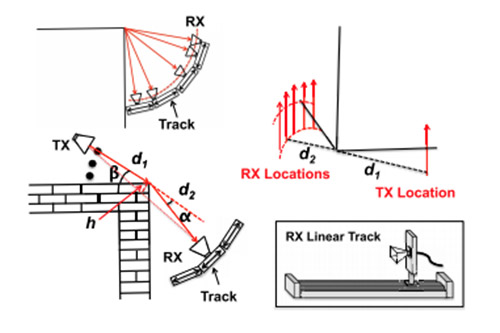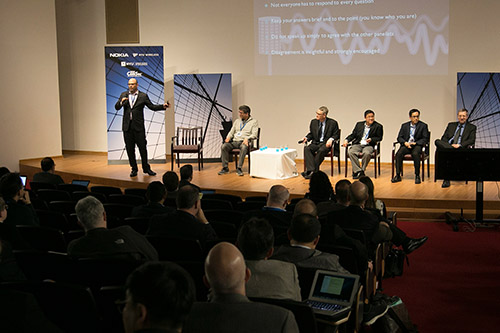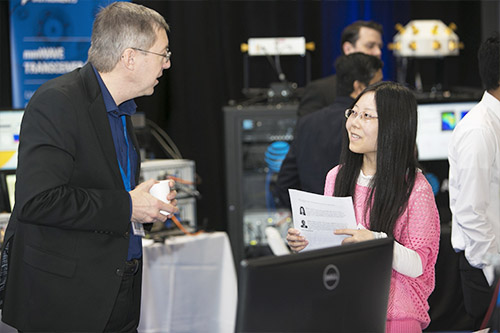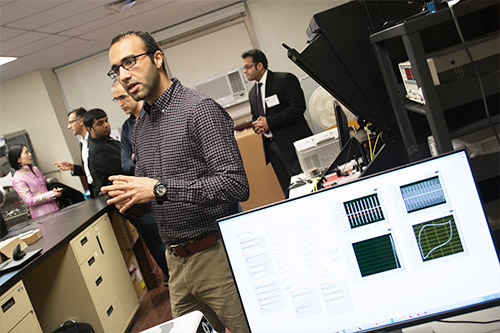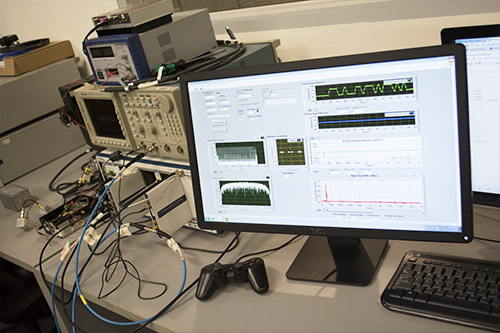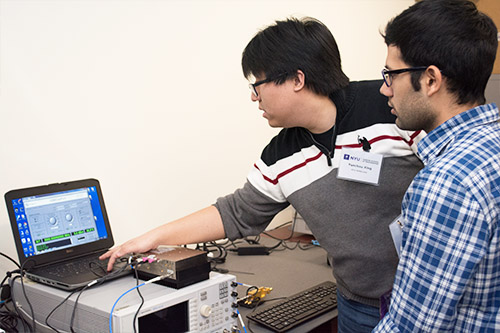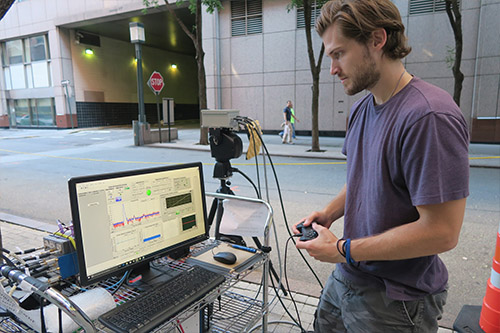Spotlight on Elza Erkip
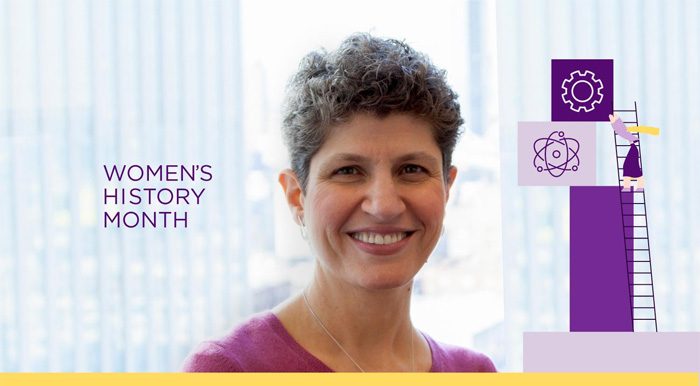
A comprehensive list of awards given to Institute Professor of Electrical and Computer Engineering Elza Erkip would be a very lengthy document. Early on, Erkip, the junior past president of the Institute of Electrical and Electronics Engineers (IEEE) Information Theory Society, was selected by the National Science Foundation (NSF) as one of the country’s most promising young researchers, garnering its prestigious CAREER Award, and she counts among her more recent laurels membership in the inaugural class of the Science Academy Society of Turkey (an organization that promotes scientific merit, freedom and integrity) and inclusion on the Clarivate list of the most highly cited researchers multiple times. That’s all in addition to a slew of IEEE honors ranging from the Stephen O. Rice Paper Prize in 2004 to the IEEE Communications Society Award for Advances in Communication in 2013 and the Women in Communications Engineering Award in 2016.
The list of places to which she has been as a keynote, plenary, invited, or tutorial speaker is also impressively long: in recent months alone she has given talks in such far-flung locales as Taipei, Paris, and Hawaii. That spate of engagements stemmed from an NSF-funded research project she is conducting with Tandon co-principal investigators Siddharth Garg, an assistant professor of electrical and computer engineering, and Farhad Shirani Chaharsooghi, a research assistant professor in the department.
The three are addressing web privacy from an information theoretic perspective, aiming to develop a unified framework to quantify the privacy risk that web users face from online attacks. “Internet users reasonably expect their online identities and web browsing activities to remain private. Unfortunately, this is far from the case in practice; in reality, users are constantly tracked on the internet,” they explain. “As web tracking technologies become more sophisticated and pervasive, there is a critical need to understand and quantify web users’ privacy risk, in other words, what is the likelihood that users on the internet can be uniquely identified from their online activities?”
Erkip, who is also on the faculty of the academic research center NYU WIRELESS, has long been interested in how information theory — a discipline concerned with representing, communicating, processing, and using information — can make an impact in a wide range of diverse fields, including cybersecurity. “Information theory has had a significant impact in communication systems,” she explains, “but now new areas of research are opening up, and new connections are being made with many emerging scientific and societal issues.”
She will soon be adding entries to both her list of professional honors and list of travel destinations. In May she will be in Reykjavik, Iceland — a city she has never before visited. The occasion will be the 2019 IEEE Communication Theory Workshop, during which she will be presented with a Technical Achievement Award from the IEEE Communication Society Communication Theory Technical Committee. The honor recognizes the many seminal contributions she has made “to the theory and practical design of cooperative and MIMO [Multiple-Input Multiple-Output] communications,” as her citation reads.
Improvements in wireless communications are, by their very nature, invisible to lay users, but Erkip’s work greatly benefits wireless systems — whether consumers realize it or not. Cooperative networking, for example, greatly increases the reliability and speed of wireless networks, resulting in faster downloads and better coverage.
In garnering the Technical Achievement Award, Erkip joins an impressive group of former winners, including such pioneering researchers as Gerard J. Foschini, Andrea Goldsmith, Reinaldo Valenzuela, and Jack Winters.
It’s an enormous honor to be recognized by my peers in this way and to be included in such august company. It’s also a privilege to represent NYU Tandon on the global stage and to help further the school’s status as one of the foremost centers of wireless research in the world.”
— Professor Elza Erkip

 2026 Open House
2026 Open House 2025 Brooklyn 6G Summit — November 5-7
2025 Brooklyn 6G Summit — November 5-7 Sundeep Rangan & Team Receive NTIA Award
Sundeep Rangan & Team Receive NTIA Award